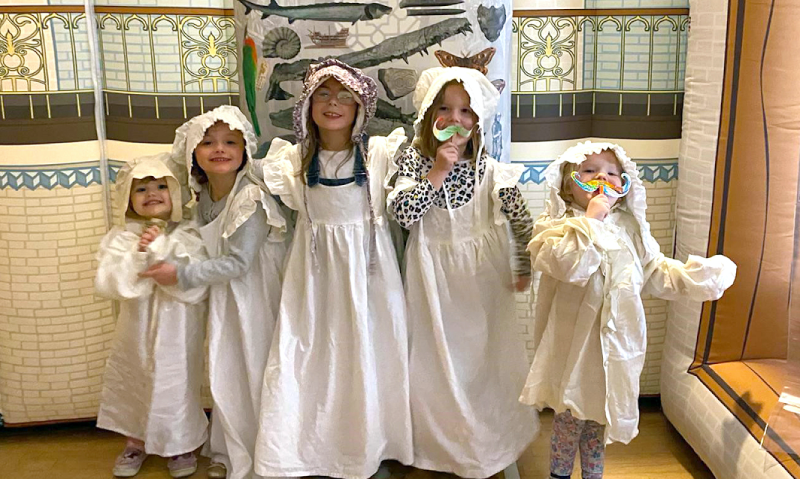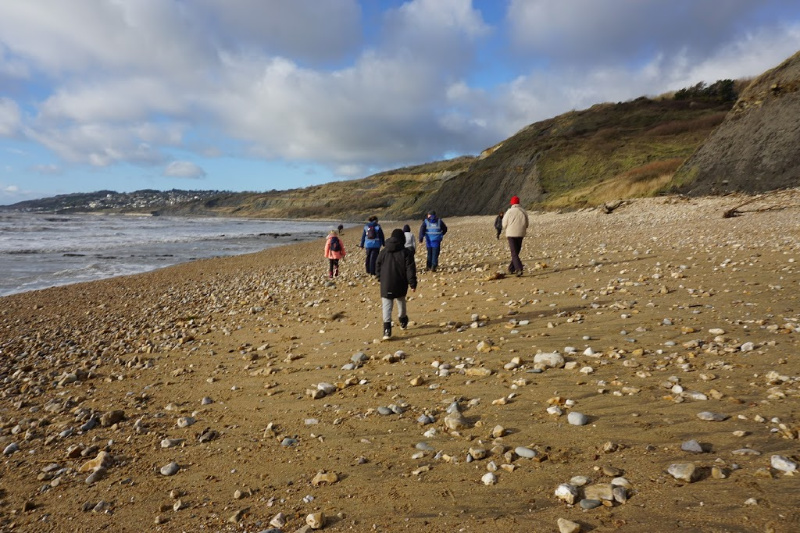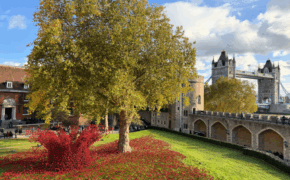Teacher Guide to School Trips – Everything You Need to Know
For most students, going on school trips is one of the most memorable aspects of their schooling life. But for the teachers, this can entail plenty of planning and preparations that some often find themselves panicking, especially those who have not done it before. Whether it’s your first school trip or not, here’s everything you need to know when planning a school trip.

- Finding the Right Location
The location can make or break a school trip. Therefore, one of the most essential steps in planning a trip is to choose the location. When it comes to this, teachers must first identify their educational
objectives. What do you want your students to learn from the experience?
Would you want them to dig fossils or learn about nature and wildlife? In that case, Morocco would be a wonderful choice. Or perhaps you want to immerse them in culture, history, and language? Then, a school trip to France could be perfect. Once you have identified your objectives, come up with a list of
potential locations and gather as much information as possible. Visit the website and read everything about the place to determine if it’s perfect for your school trip.
Consider the specifics of each location, such as the opening and closing times, and plan the logistics. Also, check if the place can accommodate your group. For instance, if you want to go to a local museum with a maximum capacity of 50 and a hundred students are taking the school trip, that can be a problem. So, better to address these several months before the trip.If you need to spend the night, find out if there are accommodations nearby to accommodate your group and if the place has enough rooms for everyone.
Once you have determined the locations for your school trips, discuss this with fellow teachers and school leaders. Listen to their feedback or suggestion about the places you plan to visit for the school trip.

- Planning
Plan the trip as early as possible. Ideally, you should plan for at least a year. There are many things to organise, so give yourself plenty of time. Doing so can help make the process less stressful and give parents enough time to budget for the trip, making it more affordable for everyone.
When planning the trip, you also need to think of the duration. If possible, avoid making the trip too long, especially if you are taking young students, since they are more prone to homesickness. Short day trips or overnight stays would be perfect for primary school children. An overnight stay will also allow them to learn about being independent without being too overwhelming for them.
Come up with a clear plan and stick to it. Write down the locations and the itinerary. Include details about the time you will leave, the meeting place, and other details about the trip. If you will hire a tour operator, ensure that you inform them of your objectives during your first contact. Make sure you and the operator agree with the plan and proposed itinerary.
When planning the itinerary, ensure it can meet the needs of the students. Consider your students’ skills and abilities when planning the activities. Everyone should be able to take part and learn from the experience. Remember, the aim is for the trip to meet your learning objectives.

- Safeguarding
Safety should be a priority on your school trip. Thus, risk assessment should be an essential part of pre-planning. Whether you’re visiting a museum, zoo, park, castle, or any other destination, you should assess the place to determine any safety hazards or risks for the students.
As the coordinator, you will be responsible for assessing the risks involved in the places you will take the kids. If possible, visit the area and conduct a thorough inspection onsite. Highlight any hazards or risks associated with the locations and the activities included in the tour.
Safeguarding and promoting the students’ welfare is the responsibility of everyone who comes into contact with the kids at school, and this should extend even further when a school organises an educational trip. It applies to all staff or volunteers interacting with the kids during the activities.
Everyone tasked with the kids on a school trip must know the safeguarding policies, the same should apply even when the kids are not at school. Safeguarding policies state that the school must create a safe learning environment for the students, identify who is at risk of harm, and take proper action. They should follow these policies even during school trips. The school may need to hire volunteers to help chaperone the kids, and whoever they appoint as volunteers must know these policies to ensure the students’ safety.

- Preparing Parents and Children
Your school trip cannot take off without the support of the parents. Therefore, you must get them involved in the planning stage. Think ahead of their concerns and ensure you address all their questions. Provide the reassurance that parents need to support the trip you plan for their kids.
Being the organiser, you must walk the parents through the many ways you will look out for the students under your care. While some parents may still have worries, that’s a normal reaction. But having your reassurance can help to ease their concerns.
The cost is another topic to discuss with the parents. The school trip will not go as planned without full financial support from the parents. When sending letters to the parents, word them carefully and explain how you arrive at the cost. Some parents might voice their concerns about the budget, so be prepared with an explanation just in case they will ask.
When discussing the trip with the parents, explain the trip’s educational outcomes and strategies. More importantly, inform them of the safety measures you will put in place to ensure the safety of everyone. Using a reliable and safety-conscious tour company can also help ease the parents’ worries. Once you have the travel details, send a copy to the parents, including flights, hotels, etc.




















